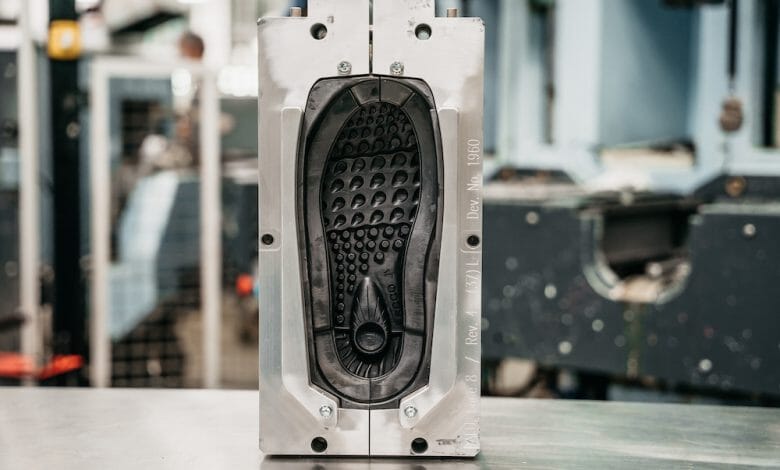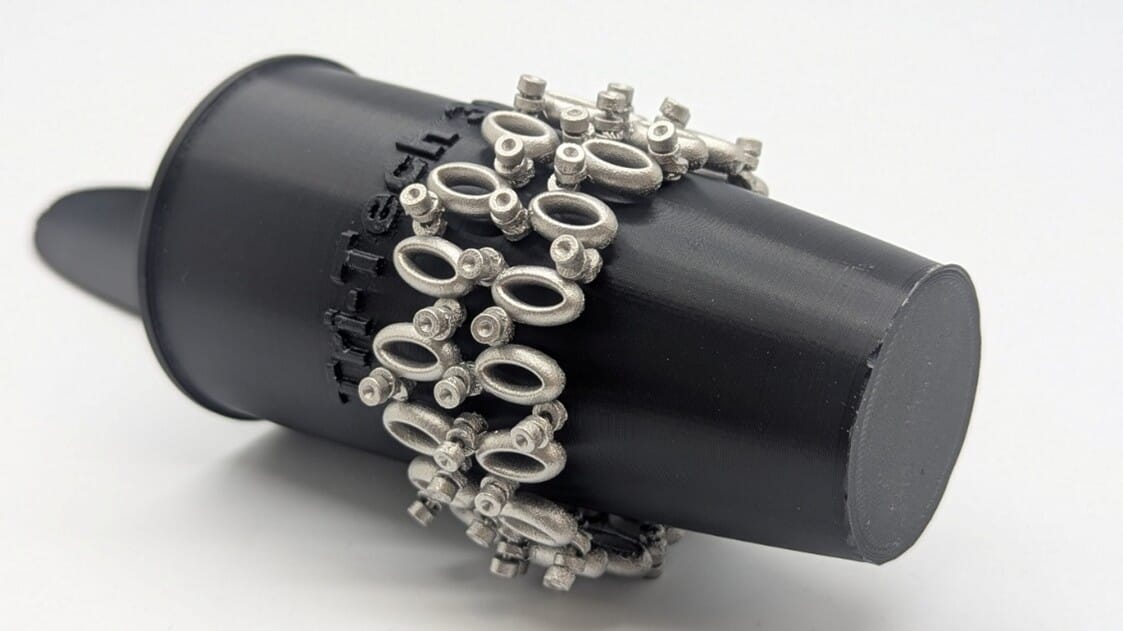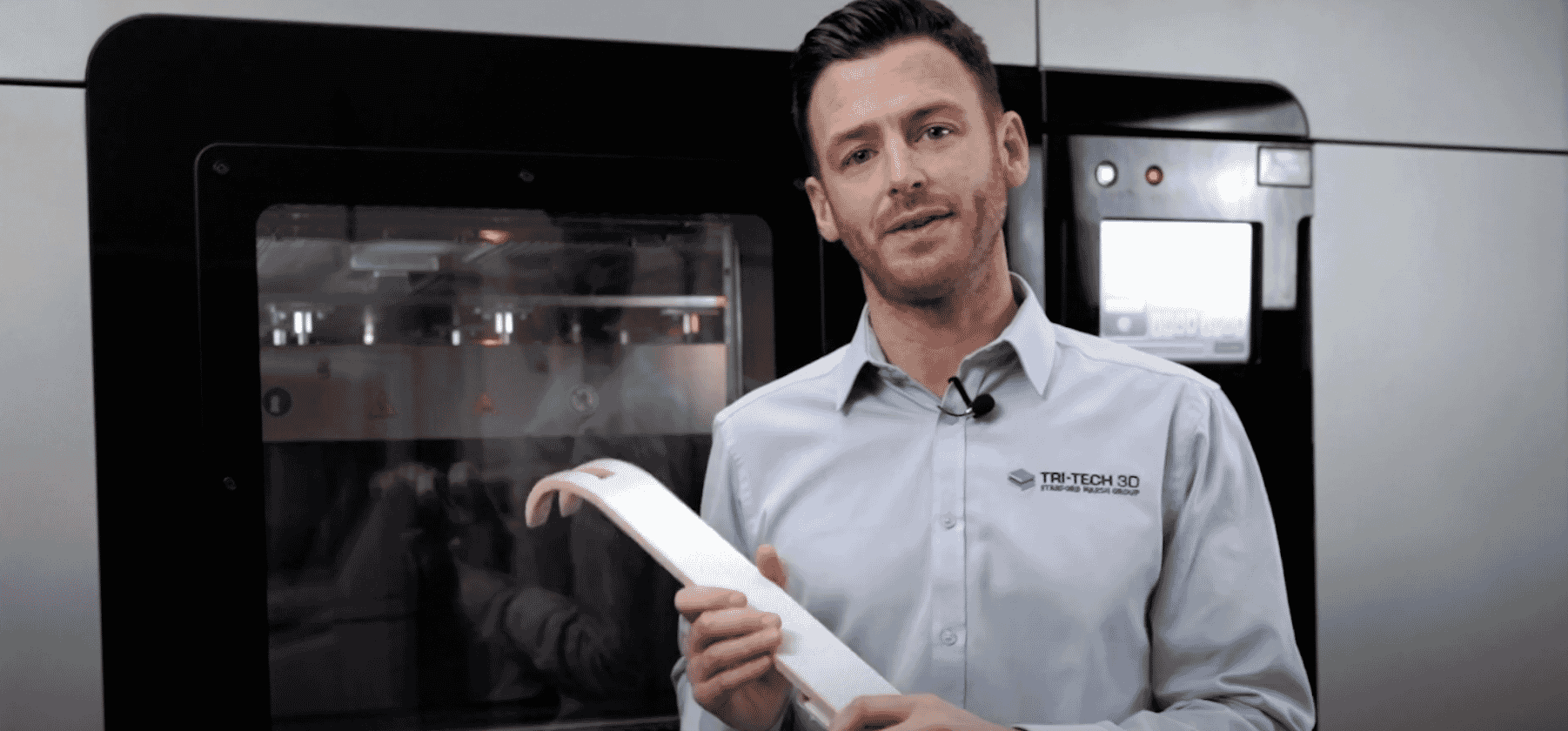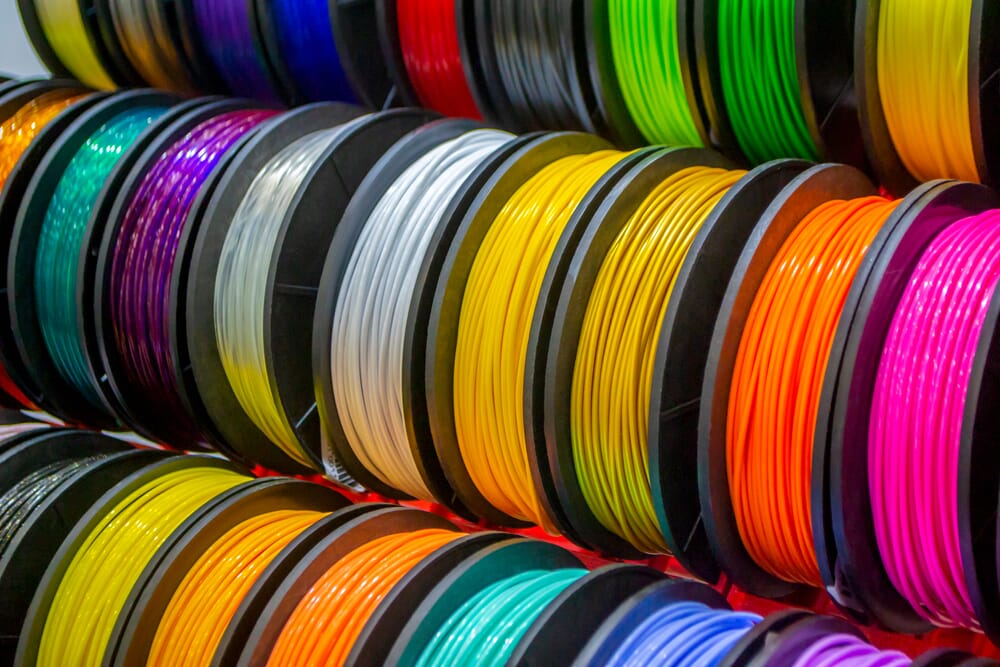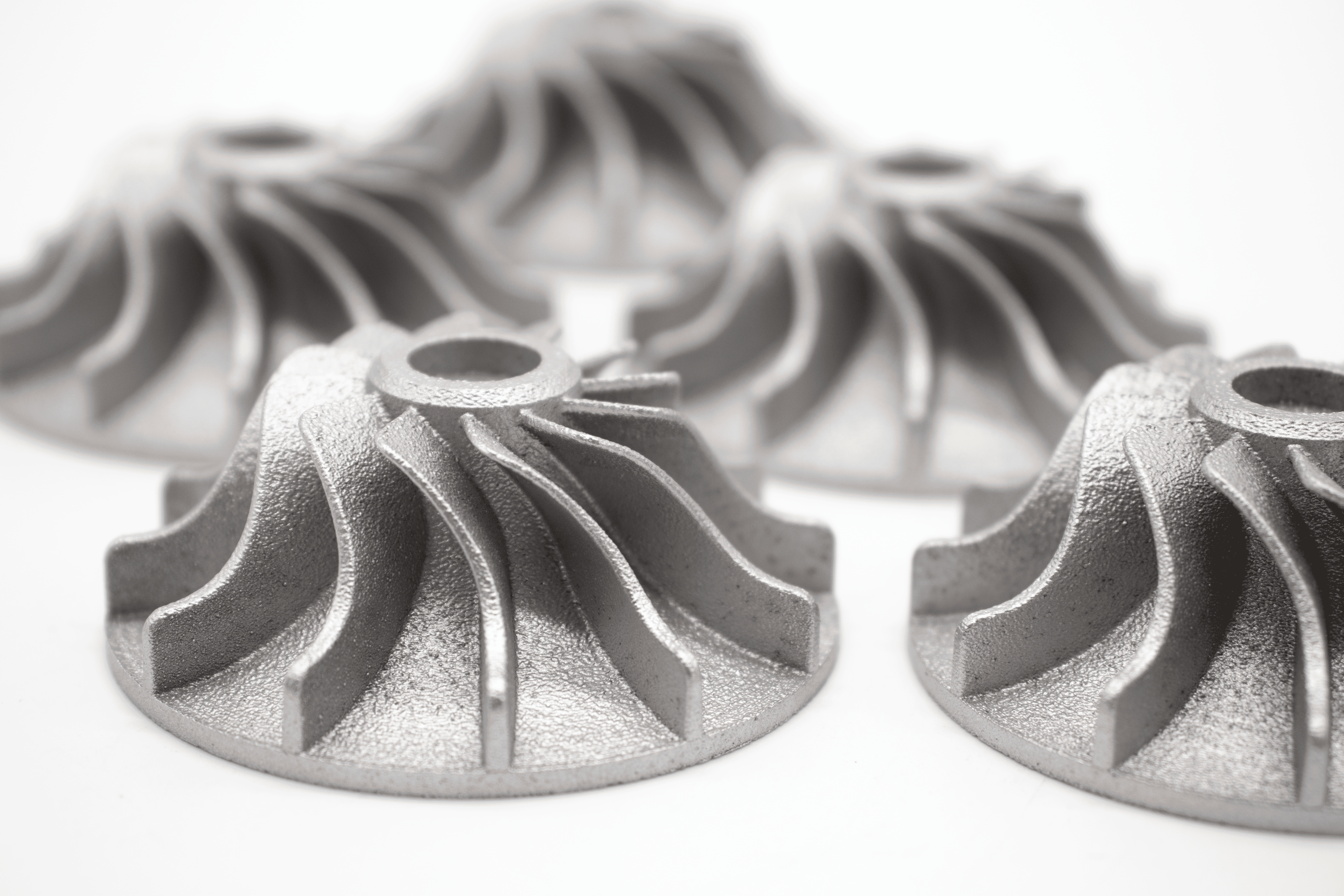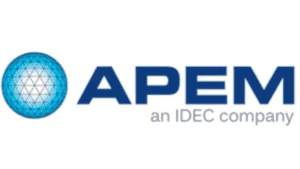ECCO Explores Stratasys P3 for Footwear Manufacturing
Danish shoe manufacturer ECCO have been dipping their toe in the water over the past few years with 3D Printing, including a collaboration with Cambridge Design Partnership. This collaboration led on to a limited collection of 3d printed shoes and later on, the brand remained strong 3D printing shoes for this niche market.
As of November 2021, ECCO and Stratasys have made public their new collaboration to accelerate product development using the NEW Stratasys Origin 1 P3. ECCO wanted to be able to review conceptual footwear samples early in the development cycle using 3D printed molds and lasts (mechanical forms shaped like a foot) with resin materials from Henkel Loctite.
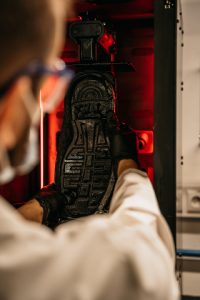
Shoemaking is an extremely manual process, but ECCO has worked to integrate technologies into their shoemaking, allowing for increased automation and a much more streamlined development process.
To help further innovate shoemaking, ECCO turned to additive manufacturing with the Origin One 3D printer using Stratasys’ proprietary P3™ technology. ECCO is using the printers in their Portugal and Denmark development facilities to 3D print molds and shoe lasts for development purposes that match the quality requirements of their CNC-machined aluminium counterparts. The molds and lasts, printed from a photopolymer from Henkel Loctite, are faster to produce, and the new process costs significantly less than CNC machining aluminium .
Vice President of Research and Development at ECCO, Jakob Møller Hansen commented:
Our innovative approach to footwear development and desire to put customer experience as a priority made additive manufacturing a logical next step in the evolution of our development process. In our search to find the right partner, we tested a variety of 3D printers for surface quality, print speed, and accuracy. Among the printers we tested, the Stratasys Origin One was the 3D printer that best met our stringent requirements.
Stratasys partnered with materials providers to test a variety of resins that would meet ECCO’s needs, choosing a formulation from Henkel’s Loctite 3D Printing that was formulated to meet the specific requirements of the DIP process. The combination of Stratasys Origin One 3D printing technology and custom Henkel materials has given ECCO the ability to create shoe molds that endure thousands of shots with zero visible degradation. Further, the quality of the shoe produced using additive manufacturing technology is on par with those produced using traditional CNC machined aluminium molds.
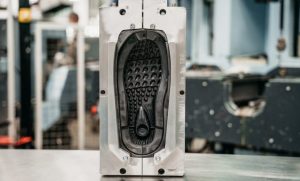
By 3D printing the DIP molds instead of machining them, a single pair of mold inserts can be printed overnight, significantly more cost-efficient than that of an in-house CNC machined pair of molds. This enables designers and developers to test functional shoes earlier in the development cycle, allowing product teams to confirm the fit and comfort of new styles.
Furthermore, branded customers can more easily place real production shoes, in more varieties, in the hands of their potential customers for feedback and pre-sale opportunities earlier in the shoemaking process. Now, ECCO can quickly produce mold inserts at the location that needs them, eliminating the need to ship heavy metal molds, reducing costs, and also minimizing the risk of shipping delays or tariffs.
For the wider footwear industry that want to take advantage of 3D printed DIP tooling, ECCO has several flexible routes to market with the ability to assist with every aspect of footwear manufacturing and mold making including engineering, part production, or licensing of IP.

